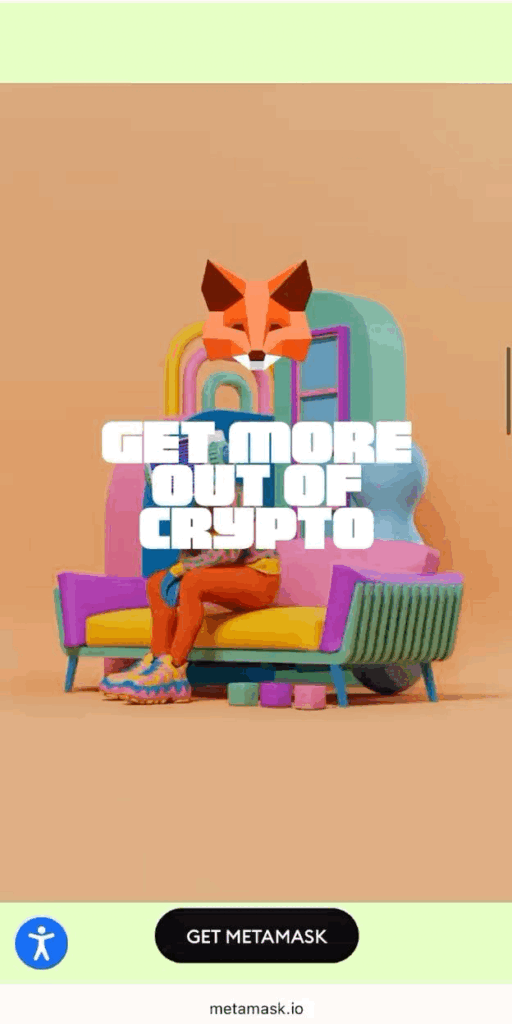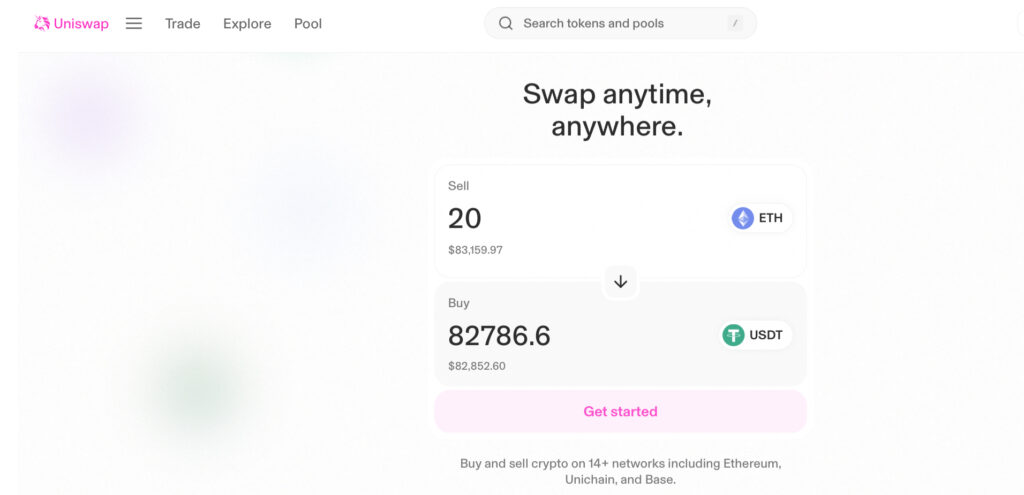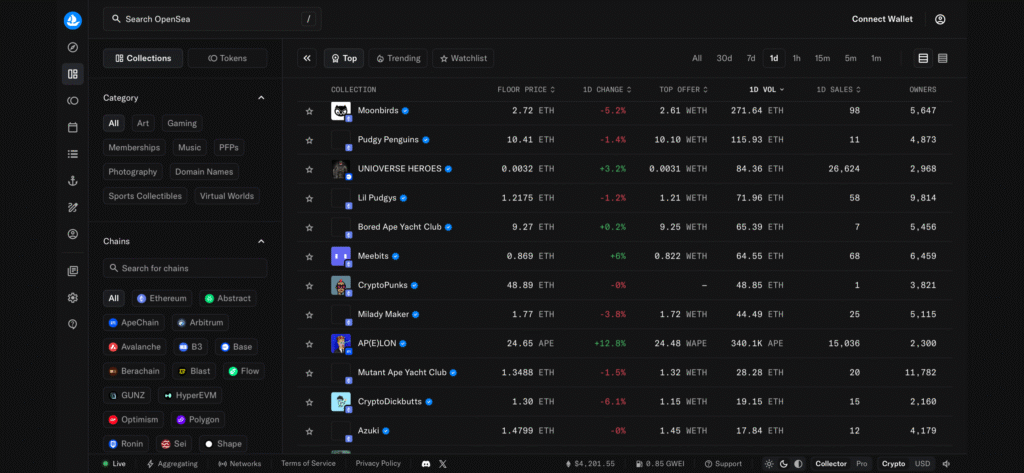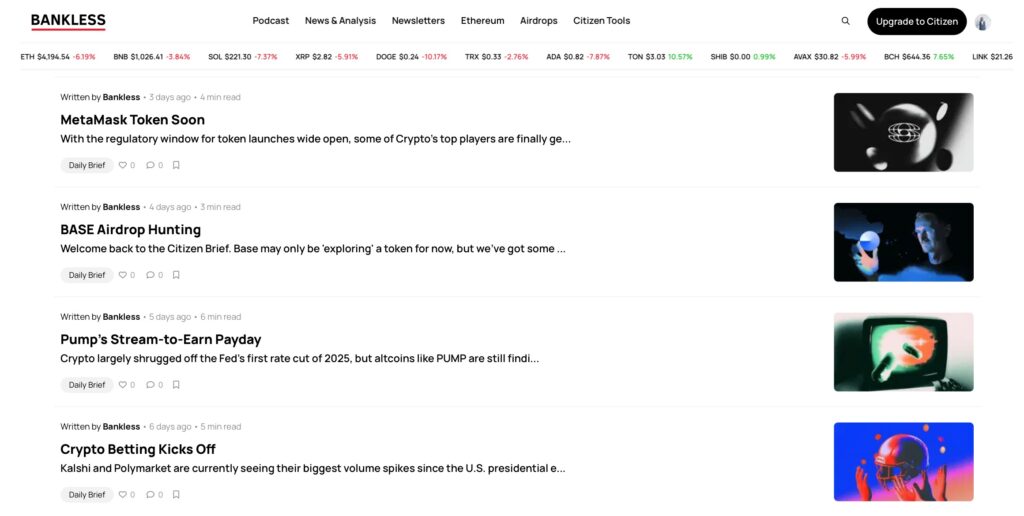The Web3 space can be overwhelming, and I say this as someone who was indeed overwhelmed at the beginning. Wallets, NFTs, DeFi, DAOs, and everything else. It all felt like I had walked into a market where everyone spoke a different language. If you’re starting in Nigeria, you might feel the same.
The truth is, Web3 is powerful, but you need the right tools to use it well. If you try to jump in without them, you will either get lost or make costly mistakes. Over time, I’ve learned which tools actually help beginners. In this guide, I will walk you through them so you can start your Web3 journey the right way.
Why You Need the Right Tools in Web3

In Nigeria, we’re used to doing a lot with just a smartphone and good internet. But Web3 is not like browsing Instagram or making an OPay transfer. You’re your own bank here. That means no customer care to call when something goes wrong.
When you use the right tools:
- You protect your money
- You avoid scams
- You make transactions faster and cheaper
- You understand what’s happening in your wallet
The wrong tools can lead to lost funds, bad trades, and missed opportunities. So let’s go through the tools I recommend.
1. Wallets: Your Gateway to Web3
A crypto wallet is the first thing you need. It is your ID, your bank account, and your access pass in Web3.
Metamask

I refer to Metamask as the Naira note of Web3 wallets. Almost everyone accepts it, and the wallet works on both browsers and mobile. When I started, I liked it because I could use it for many blockchains, especially Ethereum.
Why it’s good for Nigerians:
- Works on most DEXs and NFT platforms
- Can connect to Polygon and Binance Smart Chain (lower fees)
- Easy to set up
My Tip: Write your seed phrase on paper and store it offline. If you lose it, you lose your money.
Trust Wallet
If you prefer mobile, Trust Wallet is a great choice. I use it for quick token swaps and storing coins from different chains.
Why it’s good for Nigerians:
- Supports many Nigerian-friendly blockchains
- Has built-in exchange features
- User-friendly for beginners
2. Decentralised Exchanges (DEXs): Trade Without Banks
A DEX lets you trade crypto directly with other people. No bank, no government approval.
Uniswap

Uniswap is one of the most popular DEXs. I use it mainly for Ethereum-based tokens. It has high fees sometimes, so I use it when I want coins not available elsewhere.
Pros:
- Huge selection of tokens
- Easy to use once you connect your wallet
Cons for Nigerians:
- Gas fees can be high if the ETH price is up
PancakeSwap
When ETH fees became too much, I moved to PancakeSwap. It runs on Binance Smart Chain, so transactions are cheaper and faster.
Why it works in Nigeria:
- Low transaction costs (good when the naira is weak)
- Plenty of tokens available
- You can also farm and stake easily
3. Blockchain Explorers: See What’s Really Happening
When I started, I didn’t know you could track your transactions on the blockchain itself. These explorers are like Google for your crypto activities.
Etherscan
If you use Ethereum, you must learn Etherscan. I use it to check if a transaction is pending or confirmed, and it also helps me avoid fake tokens.
Why it’s important:
- Confirms if money has entered your wallet
- Lets you see token details before buying
BscScan
This is the Binance Smart Chain version of Etherscan. Since I trade a lot on BSC, I use BscScan daily.
4. Portfolio Trackers: Keep an Eye on Your Money
I could easily track my first five coins in my head. But once I started trading more, I lost track. That’s when portfolio trackers helped me.
CoinGecko
CoinGecko is more than a price checker. I use it to see charts, track my holdings, and research tokens before I buy.
Extra benefit: It also shows which exchanges list a token and the fees involved.
Debank
Debank shows your wallet’s full portfolio, including DeFi positions and NFTs. I love it because it works with many chains at once.
5. NFT Marketplaces: Where Digital Assets Live
Even if you’re not an artist, NFTs can be part of your Web3 journey.
OpenSea

This is like Jumia for NFTs. You can buy, sell, or mint NFTs here. I remember buying my first NFT for $5, just to learn how it works.
Why it’s helpful in Nigeria:
- Huge range of collections
- Accepts Polygon network for cheaper transactions
Magic Eden
If you want Solana-based NFTs, Magic Eden is a good choice. Lower fees make it friendly for small buyers.
6. DeFi Platforms: Earn Without Banks
DeFi lets you earn from your crypto without traditional banks. But you must use safe platforms like:
Aave
Aave lets you lend your crypto and earn interest. I once lent stablecoins here and earned more than my bank would give me in a year.
Note: Only use coins you can afford to lock up.
Yearn Finance
This platform automates DeFi investments. I like it because it saves me time, but I always double-check which pool my funds go into.
7. Security Tools: Protect Your Assets
I’ve seen too many Nigerians lose money to scams. Security tools help you avoid that.
Rabby Wallet
This wallet alerts you when you’re about to sign a risky transaction. I keep it as a backup for security.
Token Sniffer
Before buying any new coin, I run it through Token Sniffer, which checks whether the token is safe or a scam.
8. Learning Platforms: Stay Updated
The Web3 world changes fast. If you stop learning, you will get left behind.
Bankless

I read Bankless newsletters to stay updated on crypto trends. They explain things in simple language, which helps me apply them to the Nigerian market.
Coin Bureau
Coin Bureau has YouTube videos that break down projects clearly. Watching them helped me understand complex topics like DAOs.
My Web3 Tool Setup Today
Right now, my Web3 toolkit looks like this:
- Wallets: Metamask, Trust Wallet
- DEXs: PancakeSwap for low fees, Uniswap for rare tokens
- Explorers: BscScan, Etherscan
- Trackers: CoinGecko, Debank
- NFTs: OpenSea (Polygon), Magic Eden (Solana)
- DeFi: Aave, Yearn Finance
- Security: Rabby, Token Sniffer
This setup took me months to build, and it keeps my Web3 life organized and safe.
Final Advice for Nigerians Starting Out
In two words, start small. You don’t need every tool from day one. Learn how each works before moving to the next. Also, remember that in Nigeria, our internet and power situation can sometimes mess up transactions. Always make sure your connection is stable before sending money.
Web3 is like learning to drive in Lagos. At first, the traffic looks scary. But once you understand the road signs (your tools), you can move with confidence.
The right tools will not only protect you but also help you grab the best opportunities. Take your time, stay curious, and never forget that in Web3, you’re in charge.

